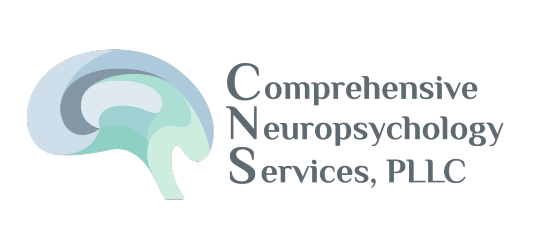
It is not uncommon for people to have had a bump on the head at some point in their lives. While the vast majority of these incidents are relatively harmless with no long-term effects, a small portion reflect a mild traumatic brain injury, commonly known as a concussion. Fortunately, most mild concussion symptoms resolve within two weeks. For children, symptoms may continue for an additional few weeks.
For a subset of individuals, the road to recovery is not that straightforward. They experience prolonged symptoms that affect their cognitive, emotional, and physical well-being. In such cases, seeking the expertise of a board-certified neuropsychologist experienced in concussion testing and assessment, in addition to other medical providers, becomes crucial.
Understanding Concussion
A concussion refers to a mild traumatic brain injury resulting from a blow or jolt to the head. Though it’s considered mild, the consequences can be significant for the individual, particularly in the short-term. It disrupts normal brain function temporarily and can lead to various symptoms, including dizziness, headaches, vision changes, fogginess, and mood changes. While most people recover within a few short weeks, some individuals experience persistent symptoms that affect their daily lives months or years after the concussion.
The Importance of Assessment
Assessing the extent of a concussion’s impact is essential, especially when symptoms persist. This is where concussion treatment plays a pivotal role. Some individuals may need brief concussion testing and assessment, particularly soon after the concussion, but in other cases brief testing is not necessary, When done,
Cognitive Assessment
Cognitive assessment is not always needed. When it is recommended, these screening assessments evaluate how the brain is functioning in a few targeted areas, namely learning, speed, attention, and reasoning. Understanding these areas of functioning is crucial because weaknesses can affect a person’s ability to work, study, or even perform everyday tasks. Importantly, the goal is to understand how the injury has affected various aspects of a person’s life and what can be done to move them forward.
Emotional Assessment
Concussions can also have a profound impact on a person’s emotional well-being. It’s not uncommon for individuals to experience mood swings, anxiety, or depression following a concussion. Sometimes, these symptoms persist. A screening evaluation involves assessment of emotional, behavioral, and social functioning to help gauge any concerns and provide valuable insights for the patient and family.
Physical Assessment
Physical assessments examine the physical symptoms of a concussion, such as headaches, dizziness, and balance problems and are conducted by a medical professional, such as a physician or physical therapist. Optometrists and ophthalmologists also assess for vision changes. These evaluations help determine whether the injury has affected the person’s physical abilities and guide the development of a suitable rehabilitation plan.
The Role of a Neuropsychologist
A certified neuropsychologist experienced in concussion treatment is a valuable asset in the recovery process. They have the expertise to accurately interpret the results of concussion testing and assessment.
Additionally, they can provide tailored recommendations and interventions to address the specific needs of the individual. Whether it’s cognitive rehabilitation or emotional/therapeutic support, a neuropsychologist can create a roadmap to recovery that aligns with the person’s unique challenges and goals.
Final Thoughts
While most people recover from concussions within a short time frame, there are those who face lingering symptoms that affect their daily lives. Concussion testing and assessment and, importantly, treatment, under the guidance of a board-certified neuropsychologist experienced in brain injury, offer a path toward understanding and recovery.
These assessments and treatment provide insights into cognitive, emotional, and behavioral challenges, enabling the development of a personalized roadmap to recovery. If you or someone you know is dealing with a concussion, seek expert assessment and guidance. It can make all the difference in the journey back to a fulfilling life.










